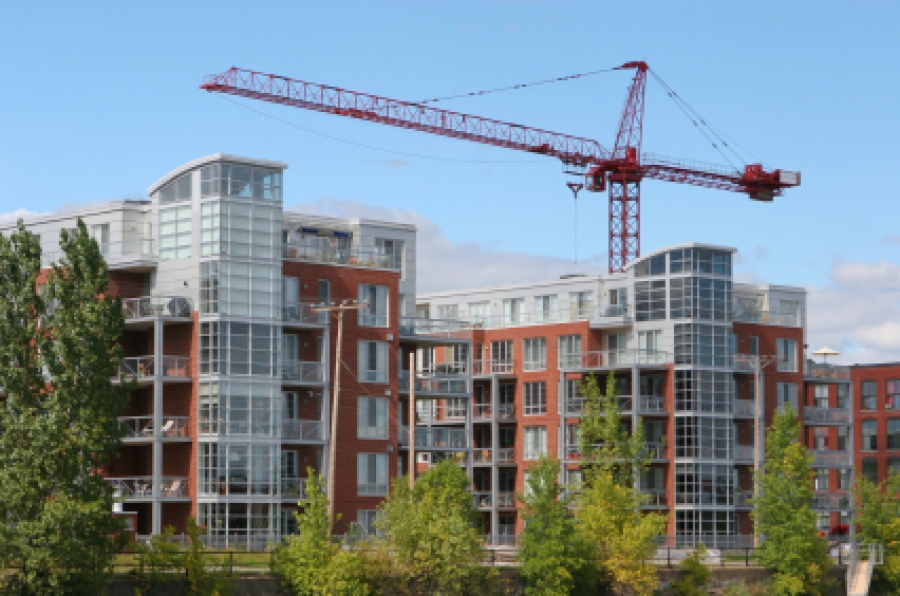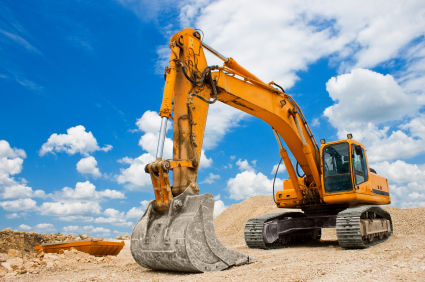Contract Administration and Closeout
Ninety-nine percent of construction work is completed within the allotted time. Getting a project closed out -- the other one percent -- seems to take just as much time. Why does this process take so long? A seemingly endless series of punch list and paperwork items must be completed before the project can be considered complete.

My experience is that the contract closeout process runs smoothest when the engineer, contractor, and owner are anticipating closeout as the job is progressing. However, in many cases, the engineer, contractor, and owner leave much to the end that could be done long before to assure prompt final payment. The General Conditions of the Construction Contract, by the Engineers Joint Contract Documents Committee (EJCDC), lays out the steps that must be completed for a project to be finalized.
As-Built Drawings
The General Conditions require the contractor to maintain as-built information on a set of drawings and to deliver this information to the engineer (or other design professional) at the end of the project. If the project is big enough to include the services of a resident engineer or full-time construction observer, the contractor often doesn’t bother to keep this information, perhaps believing that the engineer is doing so, but the contract documents are clear. It is the contractor’s responsibility to record these data as the contract moves along and to provide them at the end. Following this contract provision can positively impact the project's closeout.
Substantial Completion
The General Conditions establish a point called Substantial Completion "when the Contractor considers the entire Work ready for its intended use” and define specific steps (notification, inspection, draft notice, etc.) for reaching it. Usually, the engineer will add specific requirements to the Supplementary Conditions that define what work items must be finished for the job to be used by the Owner and to then declare Substantial Completion.
My experience has been that this contract provision is often ignored or overlooked. This is a shame, because when Substantial Completion is declared, the contractor realizes a number of benefits:
- Reduced security and safety responsibilities
- Transfer of temporary utilities to the owner’s permanent use and payment
- Possible reduction in retainage
- Beginning of certain warranty and guaranty periods.
It is to the contractor’s benefit -- and to the owner’s, actually -- to understand Substantial Completion early in the project and work toward it.
Final Completion
The General Conditions devote a lot of space to the final tasks of contract administration, which still must be completed after Substantial Completion. Of course, the contractor has to finish all items on the punch list. While doing so, the contractor can gather and transmit the following items:
- Operation and maintenance data for equipment and furnishings
- Release of waivers of all lien rights
- Written warranties and guaranties, as required in addition to any performance and payment bonds for the project as a whole
- Certificates of completed operations insurance, if required
- Any other final certifications required by the funding agency.
Often a request for final payment is delayed while the contractor tracks down all these documents. Such a delay need not happen.
One other important consideration is that both the contractor and the owner must make any claims against the other in writing before final payment is issued. The contractor’s acceptance of final payment makes the statement, “I have made all my claims for extras; I can make no others.” When the owner makes final payment, he makes a similar statement. Final payment can be made while claims are being resolved.
All parties to the construction contract know the job will be closed out at some point. Learn what the contract documents say about project closeout to ensure a smooth process.

David A. Todd
A senior engineer and corporate trainer of engineering for CEI Engineering Associates, Inc. David has 36 years of experience as a consulting civil engineer. His experience includes water, wastewater, stormwater, roads, and solid waste infrastructure. For much of the last 20 years he has been involved with stormwater issues. Specifications and construction administration have been a specialty of his within civil consulting engineering . He has BS and MS degrees in Civil Engineering, is a registered engineer in four states, and a Certified Professional in Erosion and Sediment Control.





